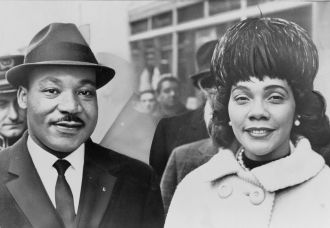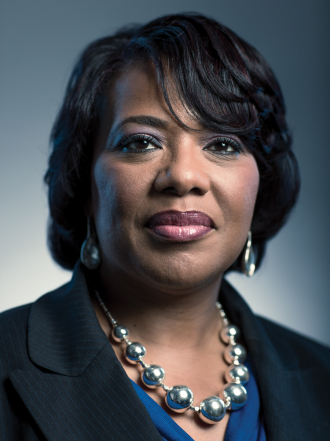The People Behind the Tributes
This article appeared in The Atlanta Constitution on April 11th 1968 shortly after the funeral of Dr. Martin Luther King Jr.:
Everybody was busily congratulating everybody else yesterday for Atlanta's response to the funeral of Dr. Martin Luther King Jr. And it is true: Atlantans did meet the logistical challenge, and they did keep the faith. So before any further time passes, let a grateful city take note of those who performed so well.
William B. Hartsfield, Atlanta's mayor emeritus, praised his successor, Mayor Allen, the policemen and firemen, city government department heads, the Atlanta Transit System and the city's taxi companies. Mayor Allen added his appreciation of the job done by Southern Christian Leadership Conference workers and their volunteer assistants.
Police Chief Jenkins thanked the 200 Atlanta firemen who served special duty as parade marshals. Many others added tributes. But the praise needs to be spread even further. All Atlanta responded well.
Logistically, Atlanta never had been faced with anything like it before. The flood of visitors-from notables to the most humble-overwhelmed the capacity of the city's hotels and tax fleet. Volunteers, black and white alike, pitched in to drive visitors in from the airport and to offer room. Churches supplied both food and shelter.
And despite a crush of humanity that made timetables collapse, the march was as orderly as it was impressive. But the Atlantans who paid the final and perhaps most significant tribute to Dr. King were young black people- Clark College students on the West Side and the Young Men's Civic League, a Summerhill organization of admitted former troublemakers. "Riots hurt me and you, baby," was the theme of the flyers the Summerhill group distributed.
Clark's "Operation Respect" distributed a paper which concluded; "Dr. King stood for love and understanding among men of all races and creeds...If we truly respect him, our responsibility, therefore, is to see that his dream becomes a reality. Violence is not and cannot be the answer."
This sort of silent tribute was one that would have gladdened Dr. King's heart. It merits the gratitude of the entire community.
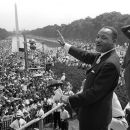
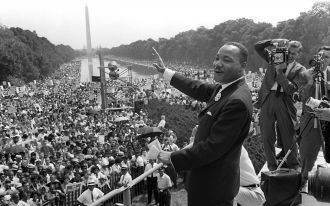
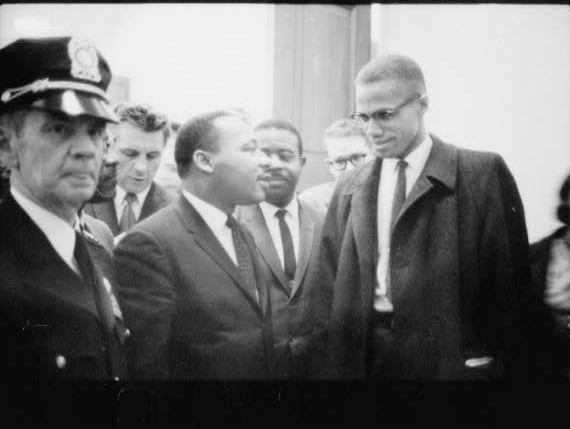
 AncientFaces
AncientFaces 
 Daniel Pinna
Daniel Pinna 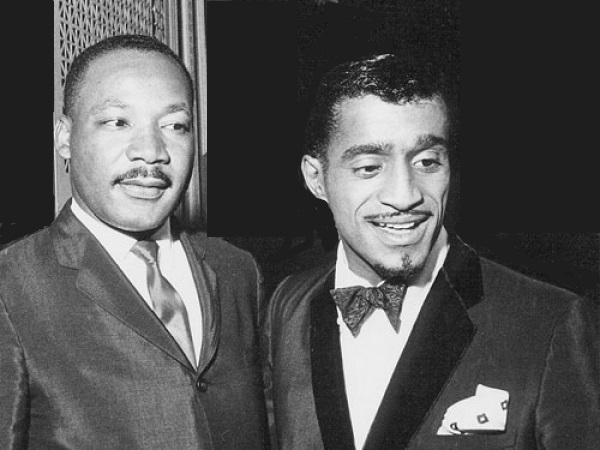
 Amanda S. Stevenson
Amanda S. Stevenson 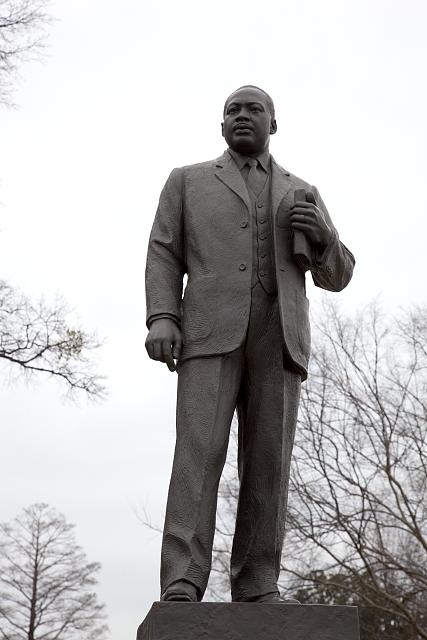
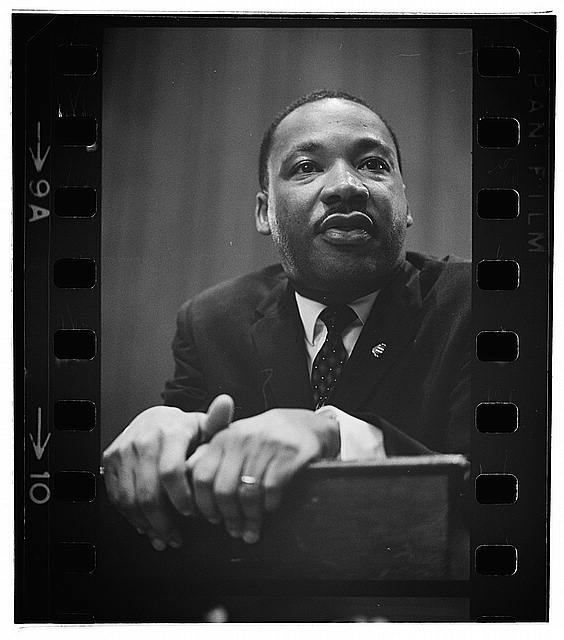
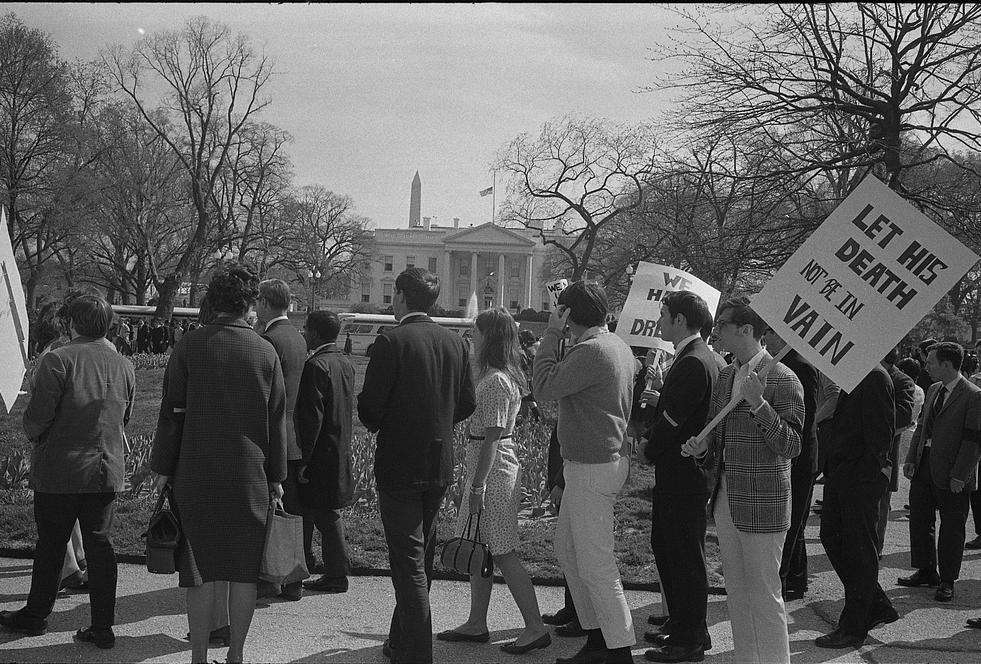
 Kathy Pinna
Kathy Pinna 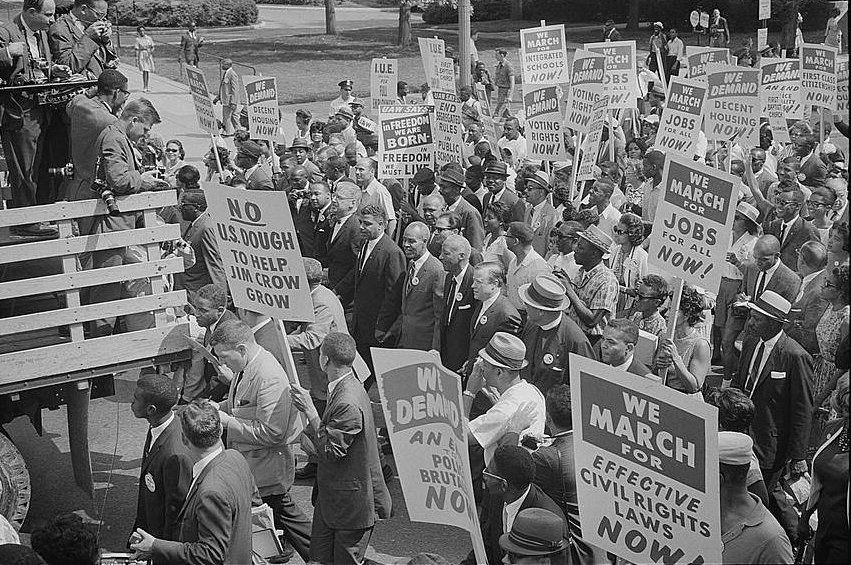
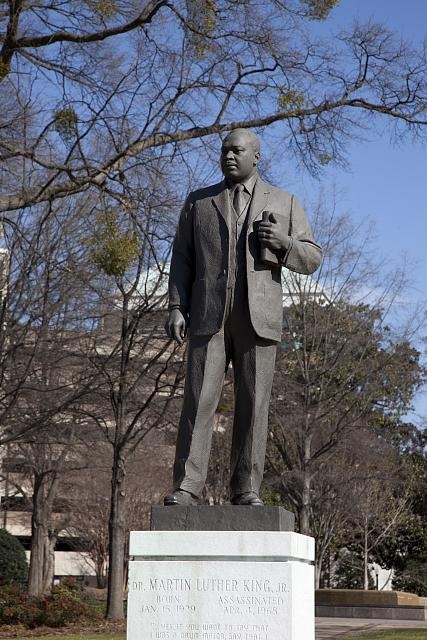
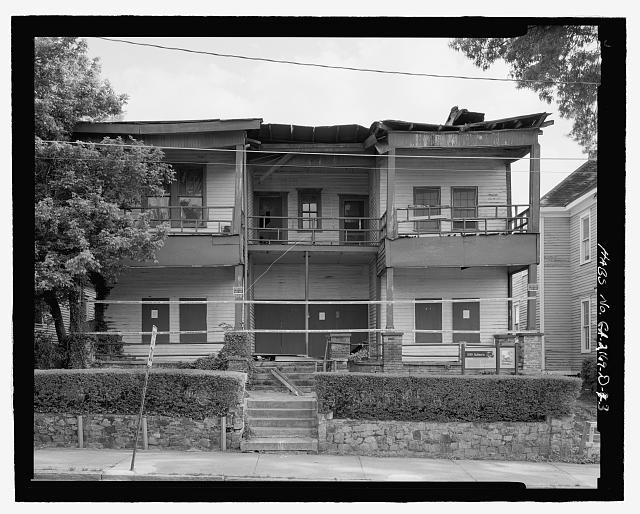
 Daniel Pinna
Daniel Pinna 
